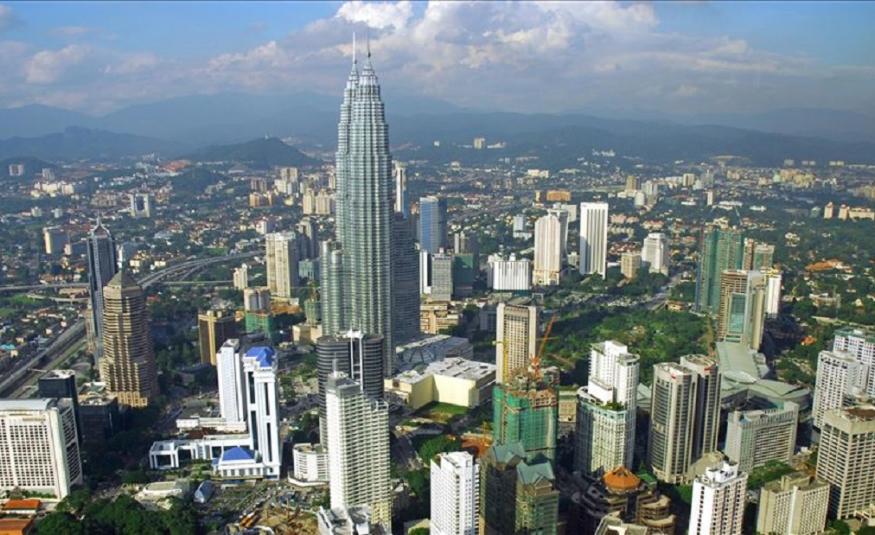By Zaidi Isham Ismail
Malaysia was rocked over the weekend with news that it could descend into a state of emergency.
But on Sunday, the Yang di-Pertuan Agong poured cold water on the proposal and the country emerged unscathed for now.
But what does it mean to you and me and specifically, what does it mean to businesses if an emergency was indeed declared?
Before we delve further, it is important to note that this state of emergency mulled by our leaders would not have been a state of martial law and curfews as seen during the racial riots of 1969.
In all probability, the proposed state of emergency would have subjected Malaysia under health and economic emergency to combat COVID-19.
The now jettisoned emergency plan was aimed at preventing the country from sliding into chaos brought about by some politicians bickering for position amid the pandemic.
But nevertheless, the word emergency or "perintah darurat" has negative connotations.
Let's take a look at some of the business meltdowns it would have caused if it was enforced.
The business community will be spooked
More often than not, the business community in the country - be it local or foreign will be jittery.
The business community will be uneasy because they are unsure what will happen next.
Will the country collapse and become politically, economically and socially destabilised?
The adage, the business community hates uncertainty rings very true here as no one knows how the leaders will administer the country during the duration of the emergency said to be for six months.
Stock market could buckle
More often than not, stock markets will weaken on news of a possible state of emergency.
Investors, both local and international will pull out their money and invest elsewhere such as in China, South Korea or Japan.
This is because whenever there is an emergency, democracy has been taken away from the rakyat and investors are unsure on the subsequent business policies set by the leaders.
So it is better for investors to take out their money from the country rather than risk losing it.
FDIs will not trickle in
Similarly, when a country descends into an emergency, direct cash investments or better known as foreign direct investments (FDIs) will not come into the country.
An investor who plans to inject RM1 billion into the country will suddenly make a U-turn from investing in the country as there is no guarantee that he will get his money back let alone make any profits.
Suhakam secretary general and lawyer Lim Wei Jiat said on his Twitter account that an emergency will have dire consequences on the country and multinationals will abscond.
Sovereign rating will be downgraded
If an emergency was declared in Malaysia, our sovereign ratings would have been downgraded.
What this means is that international ratings agencies such as Fitch Ratings or Standards & Poors would advise investors not to invest in Malaysia due to the political instability.
This would have adverse impact on our long term economic growth.
Emergency will dampen economic growth
If we had been under an emergency, economic activities will be muted as the rakyat will be cautious and will not spend during these uncertain times.
So as we can see, there are a lot of negative repercussions if an emergency was declared.
But to be fair, a total of 70 countries have already imposed emergencies during COVID-19 and they include France, Japan, New Zealand and the most recent Spain.
However, all the economic conjectures above might not even happen as evident by last Friday's stock market performance.
Bank Islam economist Mohamed Adam Rahim reportedly said the local bourse was still solid and there were no major flights of investments leaving the country.
Whichever way, let us hope that our leaders heed the Yang di-Pertuan Agong's advice and our politicians stop jostling for power which could lead to a spike in COVID-19 cases as evident in Sabah.
At the end of the day, the welfare of the rakyat takes priority and our leaders must stop pursuing their vested political interests for a while and for a change, think of the well being of the rakyat and the frontliners. - DagangNews.com

The writer is former NST Business assistant editor










